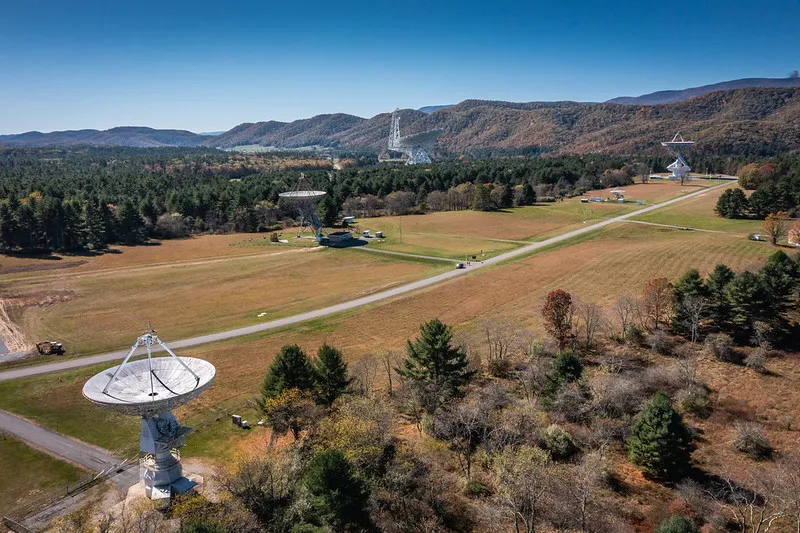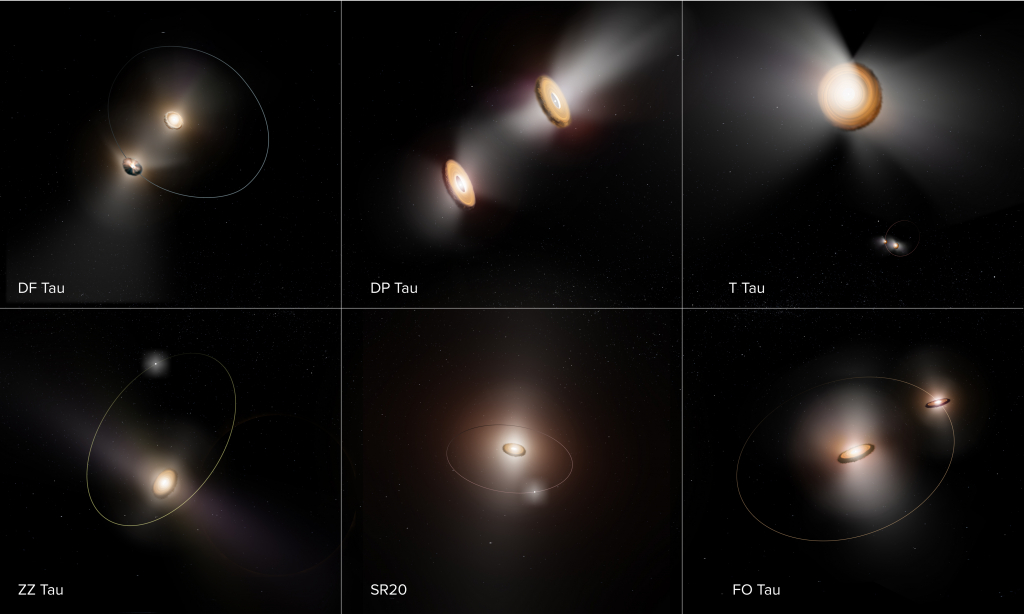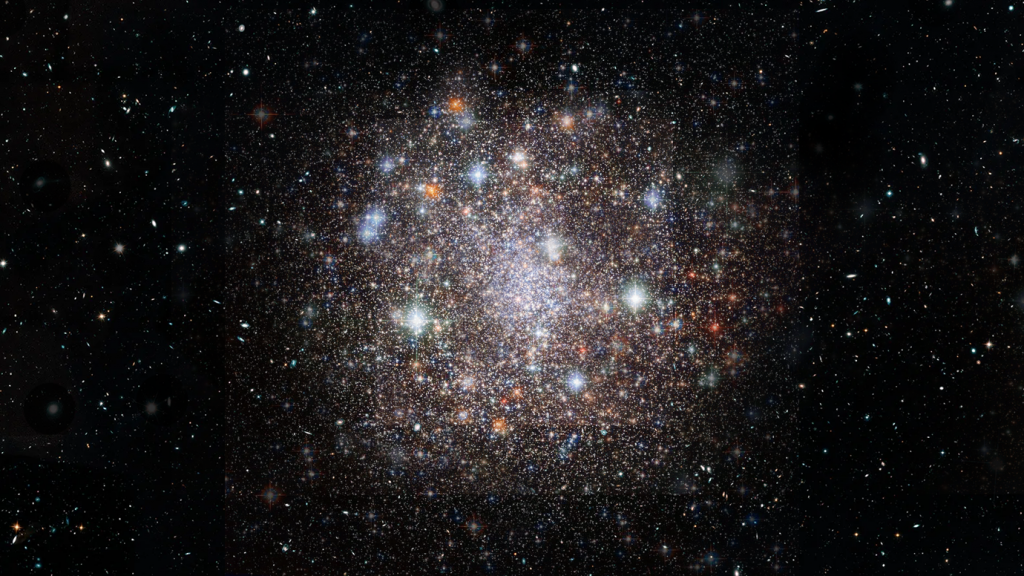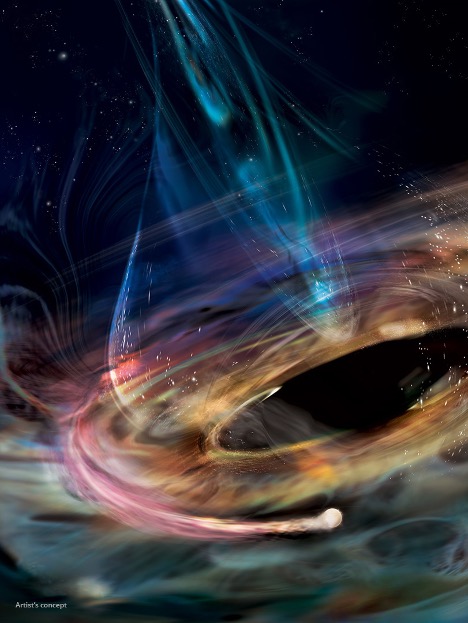The flexible observing setup of the Green Bank Observatory’s 20-meter telescope enabled frequent, long-duration observations of eight pulsars, spanning two and a half years for a student-driven study carried out by students in the Pulsar Science Collaboratory program.




